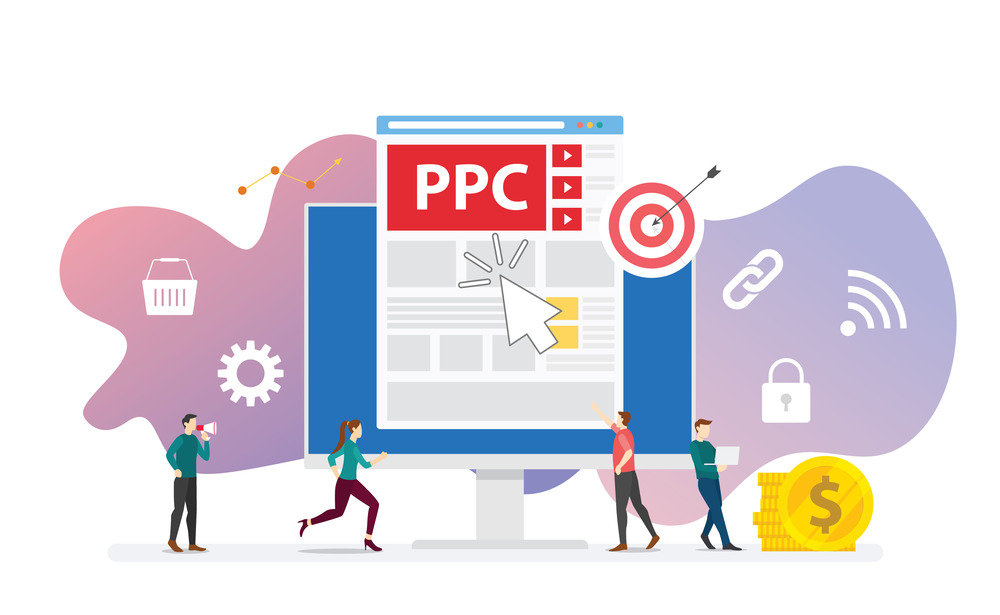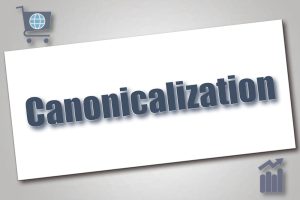
Digital marketers have a variety of tools at their disposal. They market with – both on- and off-site. They market by encouraging backlinks, engaging in social media, and sending monthly newsletters. Still another form of digital marketing is known as pay-per-click or PPC marketing.
PPC marketing is slightly different from simple PPC advertising. When you market with PPC, you are not just running PPC advertisements on an as-needed basis. You are crafting entire marketing campaigns around PPC. There are particularly good reasons for doing so. However, PPC marketing isn’t right for every organization.
Is it right for you? Only you and your marketing team can make that decision. But we can offer some suggestions. Below are some of the ways to tell whether you should pursue a PPC marketing strategy.
Your Volume of Online Sales
How much you actually sell online is a good place to start. Let us use two extremes to paint the picture here: one company operates exclusively as an ecommerce seller while another is a service provider that doesn’t transact any business online.
Although the ecommerce seller might run PPC advertisements from time to time, the primary marketing strategy isn’t going to be PPC. Rather, the marketing team is going to focus on ecommerce SEO. That is because customers visit the site already looking to buy. They aren’t shopping around for a service or looking for an answer to a question.
On the other hand, the service company whose website is primarily an informational tool could do very well with PPC marketing. Building marketing strategies around PPC would be all about driving traffic to landing pages that encourage visitors to take further action.
The Need for Speed
One of the advantages PPC marketing has over generic SEO is speed. It can take months for a good SEO campaign to start reaping results. That is good and necessary, especially for organizations that rely heavily on search engines to drive traffic. If you need to sell fast, you could get much better results from PPC marketing.
PPC marketing returns instant results in terms of data and analytics. Within hours, you can easily see whether an ad is performing. Nearly instant data makes for quick modifications and, hopefully, better results.
Your Marketing Budget
Another advantage of PPC marketing is its cost-effectiveness. By its very nature, PPC marketing only costs you when it works. It is easier to control the amount of money you spend and tie it to the sales it generates.
By the same token, you generally need to invest significantly more in SEO before you start seeing results. That doesn’t mean SEO is a bad strategy. It is just a long-term strategy with long-term payoffs whereas PPC marketing is a short-term strategy with short-term payoffs.
Your Ability to Spot Ad Fraud
Not everything about PPC marketing is sunshine and roses. One of its biggest downsides is that it is subject to fraud. PPC fraud, sometimes known as click fraud and ad fraud, cost advertisers billions of dollars every year. You could spend a lot of money on PPC marketing only for ad fraud to steal most of it from you.
This is to say that you or your marketing agency must know how to spot and stop ad fraud. Otherwise, PPC could become a money pit.
PPC marketing is one option for reaching customers online. It is right for some organizations but not for others. If you would like to know more about it and how we can apply to your business, give Webtek a shout. PPC marketing is on our list of proven digital marketing strategies.




